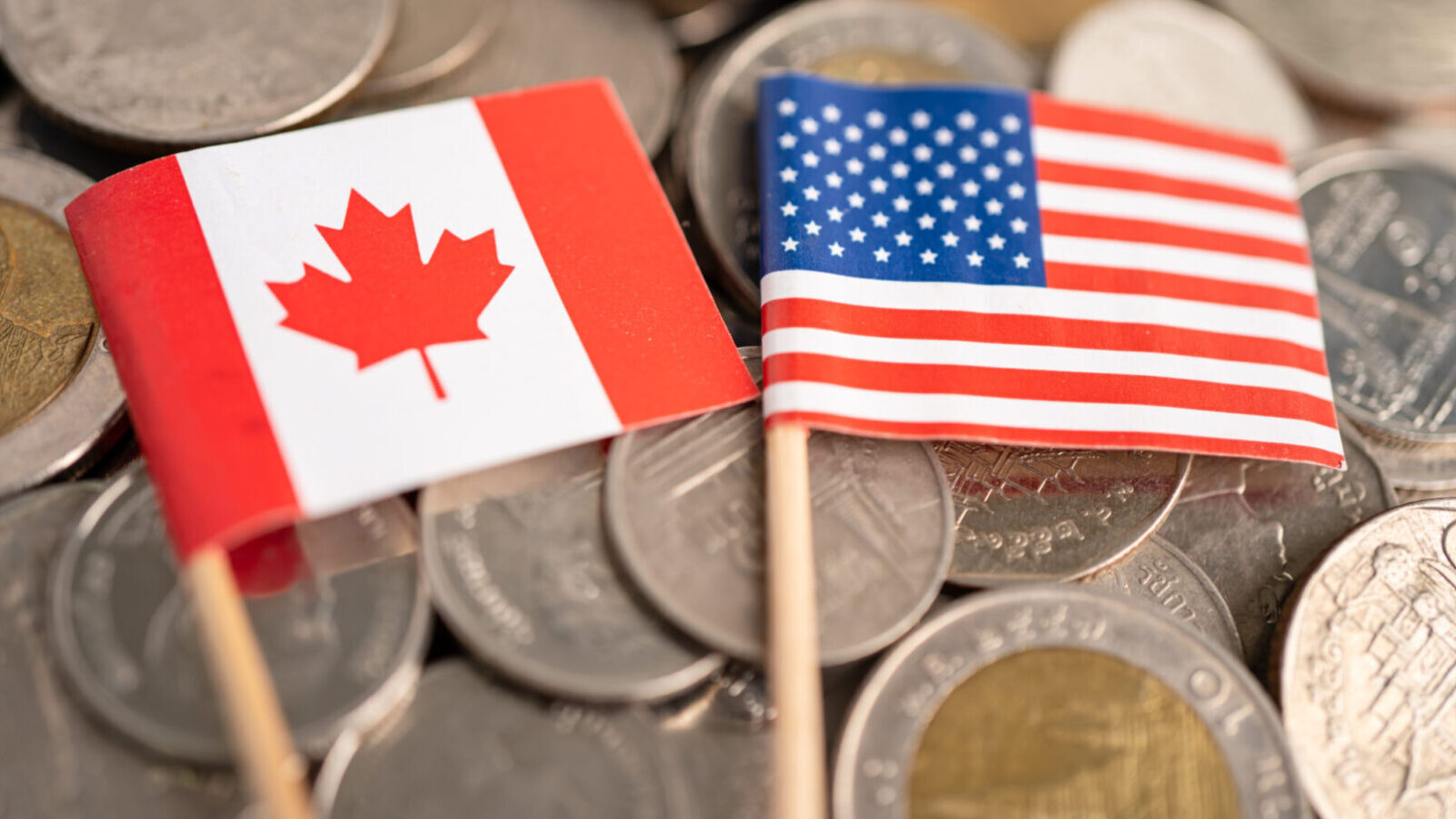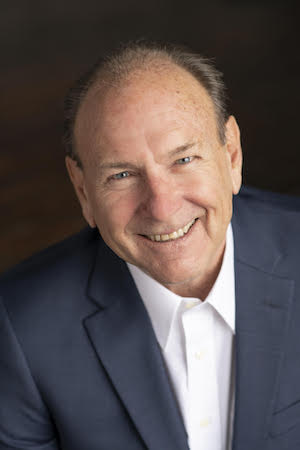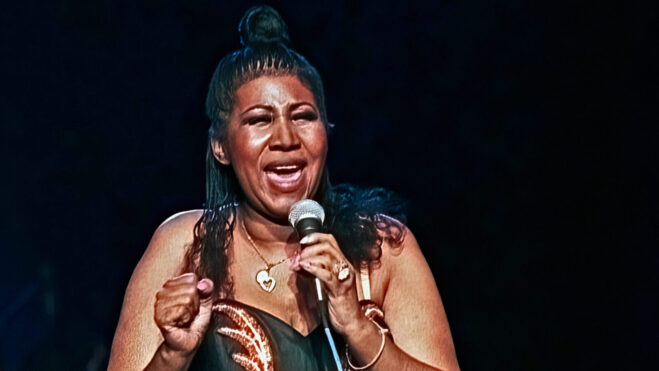Schuetz: Canada, America, Responsible Gambling, And Duty Of Care
Outside the echo chamber of the U.S., different approaches to problem gambling can be heard
4 min

“Nobody cares how much you know, until they know how much you care.”
— Theodore Roosevelt
It was an unusual set of circumstances that led me to the city of Calgary, in the province of Alberta, Canada. Professional bettor Gadoon “Spanky” Kyrollos was involved, and things that Spanky is involved in are always a bit different.

I was there for two days of conferences. The first day was for the G7 Forum on Responsible Gaming and Gambling Policy. The second day was for the G7 Brain Economy Summit.
Both days were excellent learning opportunities. Regardless of how I got there, it was certainly worth the trip. I anticipate several articles on this topic, as much transpired.
The best aspect of the two events was that they allowed me to escape the U.S. discussion of problem gambling that I have been involved in, to one degree or another, since I entered the industry in 1971.
What I realized in Canada was that I had essentially been in an echo chamber in the U.S. for most of my career listening to different renditions of the same old crap regarding PG/RG. Even before I came to Canada, I was a strong believer in the notion that the problem gambling efforts in the U.S. were moving along at about 2 miles per hour, whereas the industry was moving at Mach 1. Someone was getting left behind — way behind.
Two out of three ain’t bad
On the first day of the G7 conference, there were basically three different groups involved in the presentations: academics, people from Canada and other non-U.S. environments, and U.S.-based individuals. I found two of these groups to be most interesting and engaging.
The academics and the Canadians were discussing new approaches and methodologies. They were going innovative and cross-disciplinary. It was all quite exciting. The U.S. folks seemed to be talking about the same old thing, with many of the same people working to secure money from the industry to form a new group, essentially giving the industry more cover.
That is not to suggest that there were not substantial contributions by the Americans. Brianne Doura-Schawohl was her typical brilliant self, and every time I’m around Brianne, I learn something new. Jordan Maynard, chair of the Massachusetts Gaming Commission, is more knowledgeable about such matters than one would expect at this stage of his tenure. He also made the most interesting statement during a panel: “I believe that we can make a difference.” He seemed to really mean it.
There was also Jacob Coin, of the Yuhaaviatam Tribe, who offered an interesting perspective on the PG scene. Jacob oozes wisdom and has throughout the many years I have known him. More importantly, he understands that progress is made not by everyone nodding their heads, but by robust and respectful debate. That is a message that the entire U.S. PG/RG community should hear.
I have been fortunate in my life to have logged many years working with and among tribal people, and they have the ability to offer a different and interesting vantage point. They should always be in the debate.
Abusive situations
One of the things that bothered me tremendously while listening to many of the Americans talk was that I am familiar with what can only be described as abusive situations in gaming, where an operator crushed an individual or a family, and certainly should have known better. The story of Lisa D’Alessandro certainly comes to mind. I was introduced to her story here and wrote about it here.
The D’Alessandro story, as told by The Guardian, is clearly one of abuse. However, whether the operator can be held accountable remains to be determined. In previous cases, such as that of Sam Antar, New Jersey District Judge Madeline Cox Arleo noted, “New Jersey does not impose a duty of care on casinos over problem gamblers.”
And New Jersey is not the outlier here, for no state mandates a duty of care for problem gamblers. This leads one to feel that the PG/RG folks are great at talking the talk but have no interest in pushing their state to impose more stringent legal constraints when the operator is clearly out of line in enticing a person with a problem to play. This is particularly noticeable in our new age of digital gambling, where the audit trail is one where the pathology of the gambler is quite evident, and the abuse is clear as day. Again, read the D’Alessandro story.
It is worth noting that duty of care laws are common in the U.S outside of gaming. Examples can be found here, here, and here. People are more familiar with duty of care laws regarding the serving of alcohol, which are commonly referred to as dram shop laws, where the goal is to prevent people from being over-served.
I think that dram shop laws are reasonably comparable to concerns over problem gambling, where continued consumption can endanger the individual and those around them.
I am also of the opinion that the groups that are purported to be so concerned about removing and mitigating the damages brought to people by gambling do not work to impose legal controls like duty of care laws. I fear it is because the industry makes a significant amount of money from problem gamblers and does not want to lose them, noting, of course, that most groups addressing problem gambling and responsible gambling are funded by the industry.
Until these groups cease to rely on the industry for funding, they will continue to be perceived as heavily conflicted, and mindful not to bite the hand that feeds them. As simple and morally appropriate as duty of care laws are, I would not anticipate their entry into the U.S. gaming space. This is a material failure on the part of the U.S. PG/RG effort, and I believe it is all about the Benjamins.
It was this thought that I couldn’t shake as I listened to many Americans talking in Canada.
—
Richard Schuetz entered the gaming industry working nights as a blackjack and dice dealer while attending college and has since served in many capacities within the industry, including operations, finance, and marketing. He has held senior executive positions up to and including CEO in jurisdictions across the United States, including the gaming markets of Las Vegas, Atlantic City, Reno/Tahoe, Laughlin, Minnesota, Mississippi, and Louisiana. In addition, he has consulted and taught around the globe and served as a member of the California Gambling Control Commission and executive director of the Bermuda Casino Gaming Commission. He also publishes extensively on gaming, gaming regulation, diversity, and gaming history. Schuetz is the CEO of American Bettors’ Voice, a non-profit organization dedicated to giving sports bettors a seat at the table.






